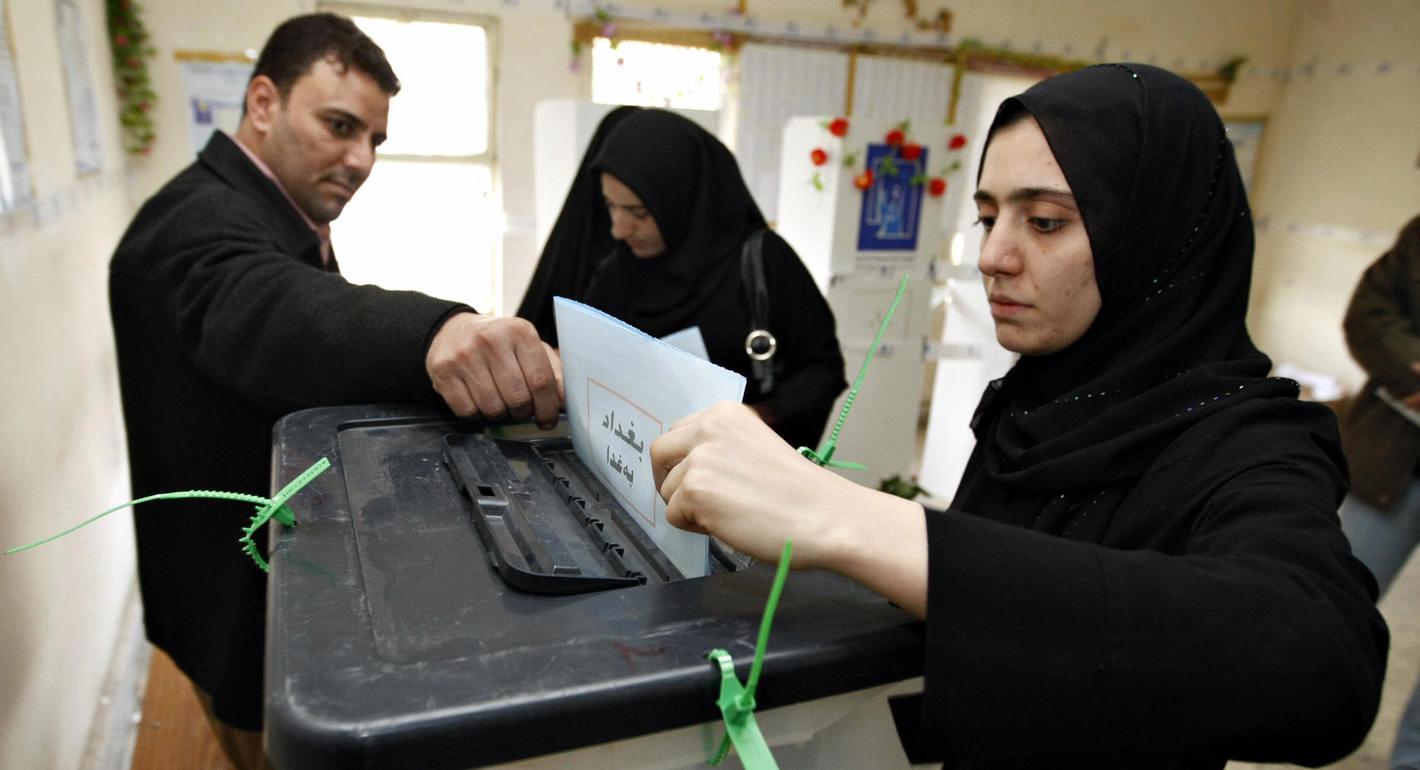On December 18, Iraq held its first local elections in over a decade. Across fifteen provinces, Iraqis voted for candidates in their local councils, which have the mandate to appoint governors, manage budgets, and determine planning priorities. The last provincial elections were conducted in May 2013, but only in twelve out of eighteen provinces; in 2017, elections were delayed to be held alongside a national parliamentary election in 2018, but were then further postponed. When the Tishreen protests broke out in 2019, a core demand was to amend the electoral system and dissolve the local councils, which demonstrators viewed as bureaucratic and highly corrupt. In response, the Iraqi parliament froze the local councils—while allowing mayors to continue to carry out their administrative duties—and by March 2023, the government had set a date for new elections.
A key feature of the December election was the emergence of what might be called a family dynamic. According to sources, fifty established political figures, including some still in office, nominated their relatives for seats in the local election. Across the country, from Diyala and Baghdad to Mosul and Najaf, many of these family members managed to win—not only by exploiting the “symbolic capital” of name recognition, but also though their access to well-oiled political machines that were, in some cases, powered by public funds. It thus marks a concerning development for the future of Iraqi democracy, and even became a topic for satire, ridiculed on the most popular show in the country.
Over the past few years, Iraq’s political parties and movements have become dominated by a small number of families and personalities, as leaders of the Kurdistan Democratic Party (KDP), Patriotic Union of Kurdistan (PUK), National Wisdom Movement (al-Hikmah), the New Generation, and others prepared their institutions to be run by their sons and relatives. With the results of the provincial elections, the family dynamic is clearly becoming the norm in Iraqi politics, both in the electoral and non-electoral domains. Some have dubbed it “democratic inheritance”, a form of hereditary politics similar to what is practiced, for instance, in Japan. But in Iraq, which already struggles with a weak democracy, systematic corruption, and single-source oil economy, hereditary politics cannot be a productive or sustainable policy.
Family-dominated politics will further entrench corruption: for candidates to win elections based on family ties, rather than merit, they need additional resources and the ability to deliver on campaign promises. Pork barrel-style politics will thus become more common—utilizing public resources for private gain—with candidates seeking to secure votes by offering public service jobs, goods and services, and new infrastructure projects. In other words, Iraqi democracy will become the democracy that money can buy.
While the family dynamic narrows the scope of political participation, it exists within Iraq’s ethnic and sectarian political divisions and does nothing to challenge their overarching structure. Hence, it only adds another layer of fragmentation to Iraqi politics and deepens popular discontent, especially among the younger generation. This was clear in the election’s low turnout, with only 41 percent of registered voters casting ballots.
This widespread political disenchantment is detrimental for Iraqi democracy. Yet instead of trying to bring about greater political diversity, the ruling elite have been working to diminish the electoral viability of smaller parties and independent candidates, amending an law to return to the Sainte-Laguë proportional representation system that benefits incumbent politicians. With family enshrined as an effective political institution, power and wealth will continue to be concentrated in the hands of the few, politics will become less inclusive, and citizens will remain alienated from their own government. The full repercussions of such a system can only become clear over time, as the next parliamentary elections loom on the distant horizon.
Dr. Sardar Aziz is a former senior adviser in the Kurdish parliament, and a researcher and writer with a Ph.D. in Government from University College Cork. Follow him at @Aziz1Sardar.


.jpg)



